As soon as L. and I met in a coffee shop four years ago, the tone was set: we couldn’t stop talking. We chatted about a variety of things, the present, her past, her child. When discussing motherhood, however, L. deviated from what you’d expect from a maternal figure: without overtly spelling it out, she revealed that if she could go back in time, even if she now loves her child unconditionally, she would not go through with it. This meeting launched me into three years of research and in-depth interviews with thirty women regarding their conflicted feelings around motherhood.
L’s candour is part of a growing yet controversial conversation about the monumental taboo of parental regret - one primarily focused on mothers. Unsurprisingly, women who express their opinions on the subject are more than often targeted by harsh judgment and criticism. Online forums discussing maternal regret regularly need to shut down due to provoking responses as serious as death threats. Orna Donath, a sociologist and anthropologist whose work focuses on reproduction, motherhood, and non-motherhood, has had to deal with an explosion of hostile comments following her second book, Regretting motherhood. But what most people don’t understand is what these mothers are expressing is regretting the day-to-day of motherhood - not the children themselves.
With COVID-19, Théâtre Déchaînés, unlike many artists, found itself having to postpone its upcoming shows in theater venues. Lucky enough to have a mandate that aspires to take the theater off the stage and involve the viewer wherever they are, we were inspired by the Chicago Candle House Collective, which has been offering plays over the phone since 2018. We have decided to explore this approach by focusing on the participatory yet confidential options of telephone privacy. Soon, Tomorrow Maybe, first played in its French version in June 2020, was a laboratory for us to immerse ourselves in the narrative and technical possibilities of this medium. In other words, we decided to make the phone our new playground. One hundred twenty-five shows and excellent reviews later, we are now doing the play both in French and in English to be able to reach as many people as possible.
Soon, Tomorrow Maybe isn’t intended to be delivered the way a podcast would do. Instead, the answers gifted by the spectator truly change the play and are always welcomed. Our work is and will always be in dialogue, in this search for the immediacy created by the performing arts, in an approach where theories of play, interactivity and art intersect.
Since the play is destined to be performed for one audience member at the time, three actresses share the role of Helen: Alexandra Bandean, Natalie Tannous, and Leigh Ann Taylor. Each performance, therefore, becomes a unique experience, influenced as much by the actress’s choices as it is by the spectator, their impulses, and their desire to reveal themselves. Even off stage, our primary goal will always remain the same: to offer a theatrical experience that is out of the ordinary and which has the potential to awaken our empathy for different realities, bringing tangible changes in our society.
- Marie Ayotte
